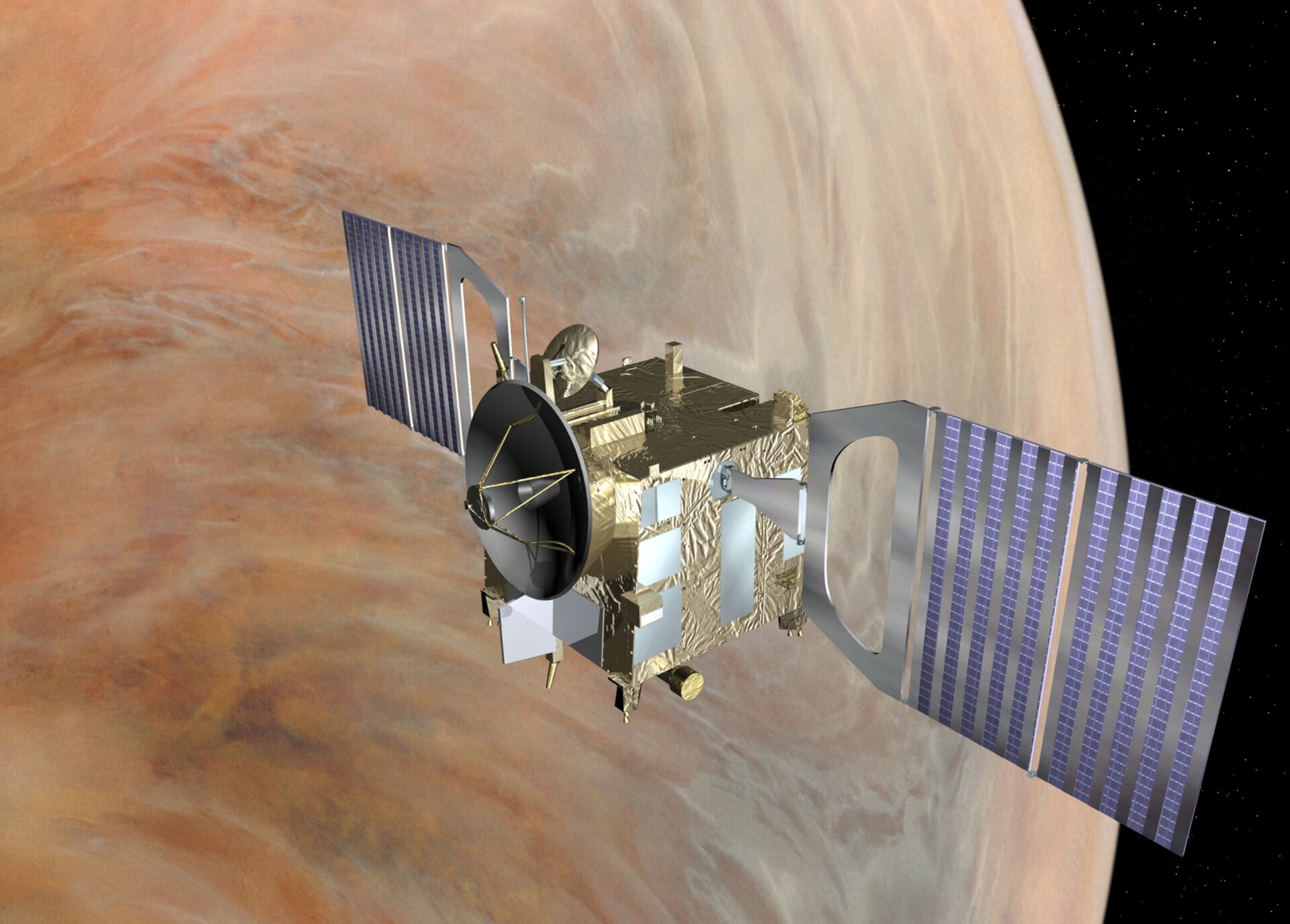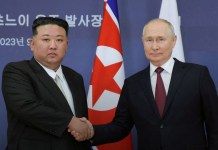The widespread refusal of western countries to work with Russia in the wake of its invasion of Ukraine appears to be affecting India’s space program.
France, India’s top strategic ally in Europe, has renounced plans to develop a device with Russia for the orbiter India intends to launch to Venus.
The news was revealed to TASS, a state-run media outlet, by Oleg Korablev, deputy director of the Space Research Institute of the Russian Academy of Sciences for the ExoMars project.
The device, supposedly co-developed by Russia and France, is designed to study Venus’ atmosphere using spectroscopy. The device was intended to have some French components.
“We have solved this issue [with components], we are conducting all the preparatory stages, [we are also] looking for suppliers, everything is in order,” Korablev said.

He lamented the French space agency’s lack of interest in the project by saying, “unfortunately, the French Space Agency announced that they are no longer interested in participating in this project, but we can buy everything ourselves.”
The decision has already been approved by Roscosmos, according to the deputy director of the Space Research Institute. The detector, which is the key component, will be made in Russia.
He also mentioned that, in theory, there is a Chinese analog, but the Russian space agency prefers to use a Russian one. He explained that France had initially intended to cover the cost of the detector.
“Roscosmos approached the whole thing with understanding, with aspiration,” Korablev added, “We agreed on new estimates, the costs; Russia itself will buy these components. And, accordingly, not of French manufacture”.
Space Cooperation With France
In 2020, the Indian Space Agency (ISRO) first announced plans to collaborate with France for the Venus mission, set to launch in 2025. At the time, ISRO chose the VIRAL instrument (Venus Infrared Atmospheric Gases Linker) to co-develop with Russian and French agencies.
ISRO has previously stated that the Indian spacecraft will investigate processes on Venus’ surface and carry out shallow subsurface stratigraphy. It also examines the composition and dynamics of the atmosphere and investigates the interaction between the solar wind and the planet’s ionosphere.

India has long regarded France as a crucial strategic ally, and the two countries collaborate in a wide range of fields, such as civil nuclear energy and defense. Since the 1960s, France has assisted and collaborated with India’s space program.
In 2018, the two countries signed the India-France Joint Vision for Space Cooperation. It outlines nine significant fields of cooperation, including space situational awareness (SSA), high-resolution earth observation, satellite navigation, and space transportation systems.
After invading Ukraine in February, the Russian space agency found obtaining parts from other nations challenging due to the heavy western sanctions against Russia.
Challenges Ahead
ISRO is reportedly eyeing a 2024 launch, with orbital maneuvers scheduled for 2025. The earth and Venus will be in such proximity that the spacecraft can be placed in Venus’ orbit with the least amount of fuel. The next similar window would be available in 2031.
Korablev claims that it is currently unknown whether India will launch its first mission to Venus. “It depends on the Indian partners. So far, they haven’t fully decided when. And whether it will happen at all. The mission has not been finally approved,” he said.
The deputy director of the Space Research Institute added that due to the stringent requirements for Russian developments, it is possible that Russia won’t have enough time to prepare the device by the initially stated deadline.
Korablev clarified, “unfortunately, the work on the device has not yet started.” He noted that Roscosmos is not funding them because the Indian project is not officially confirmed.
ISRO Chief Chairman S Somnath, on the other hand, recently stated that it is targeting the December 2024 launch window, with orbital maneuvers planned for 2025, given the favorable planetary alignment.
Meanwhile, in his explanation, Korablev said the so-called certification of components, which is not so simple to obtain, arises due to the high requirements for Russian devices and components. Korablev noted that “this is why our cycle is longer. So, because of this, we are at odds with this launch date, if it is respected, of course.”
This may not be good for India because its two most crucial strategic allies are now at odds, which may negatively impact its space programs.
- Contact the author at ashishmichel@gmail.com
- Follow EurAsian Times on Google News




